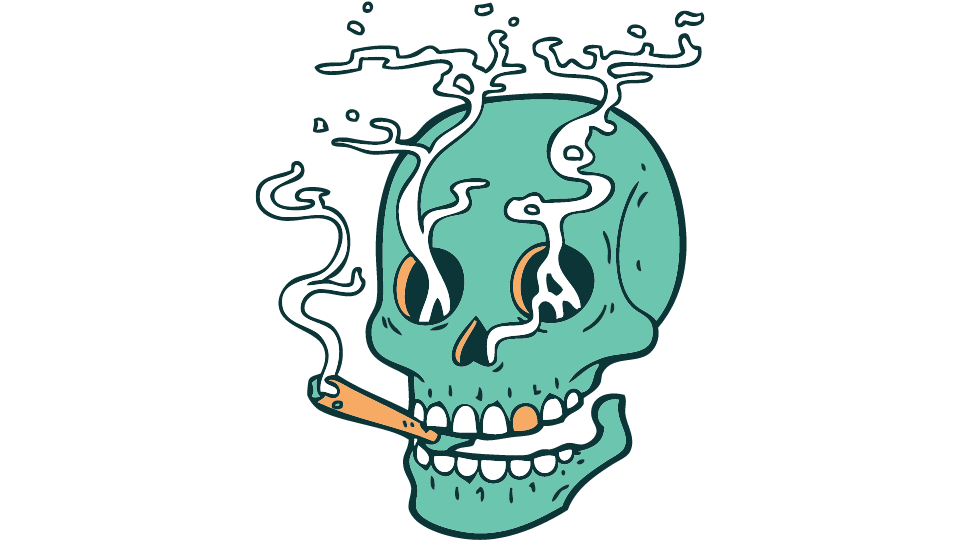This week we are covering a topic that we would not have considered 10 years. Yet with the relaxing of laws in many states, we realize that it might be appropriate for a small (probably a very small) group of military veterans seeking their first job in the corporate sector. If you are on active duty, we don’t have to tell you about the prohibitions of illegal drug usage. However, many veterans are not aware of similar restrictions in the civilian workplace. The reality is that if you receive an employment offer, it may be conditional upon passing a drug test. Even if you are someone who would never consider drug usage, you may be part of a management team charged with enforcing workplace drug policies.
The prevalence of employer drug screenings can be a hot-button topic. Proponents argue it promotes safety and a productive workforce, while opponents see it as an invasion of privacy. The fact is that even if marijuana is legal to use in a state, companies in that state can still have worker prohibitions against it. Those policies can be very strict and can go beyond drug usage. As an example, many years ago we were helping a national service company find vehicle drivers and technicians out of the enlisted ranks. This was a well-known company that offered great pay and benefits, but it could be challenging to find drivers because the company had a prohibition against smoking. And we don’t mean the funny kind of tobacco. Just the regular stuff was prohibited.
You may wonder why employers conduct drug testing. There are several reasons:
- Safety: In some industries, like transportation or manufacturing, drug use can pose a serious threat.
- Reduced Absenteeism: Studies suggest a correlation between drug use and missed workdays.
- Productivity: Drug use can impair focus and concentration, impacting overall productivity.
- Lower Insurance Costs: Some insurers offer discounts to companies with drug-free workplace policies.
- Federal Contract Requirements: Even though marijuana use is legal in many states, its use is sanctioned by the federal government. So if a company has federal contracts, they may be required to have a drug-free workplace to maintain those contracts.
Drug testing legality varies depending on location and industry. Federally mandated drug testing applies to specific professions (e.g., Department of Transportation). However, most private companies have the discretion to implement drug screening policies, as long as they follow state and federal laws.
There are several types of drug tests.
- Urine: The most common and affordable test, but has a shorter detection window (2 to 10 days).
- Hair: Detects past use for a longer period (90 days or more), but is more expensive and invasive.
- Blood: Most accurate, can detect drugs within hours of consumption and most invasive & expensive, but highly accurate.
- Oral Fluid (Saliva): Relatively inexpensive and also can detect very recent usage (a few hours).
In our experience, urine and hair testing are the most prevalent.
As an applicant, you do have certain rights. While employers have latitude in drug testing, some limitations exist. These can include:
- Disclosure: Employers must inform applicants about the drug screening policy.
- Reasonable suspicion: Random testing requires clear guidelines to avoid violating privacy rights.
- Medical Marijuana: Laws regarding medical marijuana use and drug testing are evolving, so staying informed is crucial for both employers and employees.
Our advice to you is to use great discretion. If you leave active duty before securing employment, it may be tempting to let your ‘freak flag fly’ and try something that used to be prohibited. But as the title of this article implies, just because it’s legal, doesn’t mean it’s a smart thing to do.

